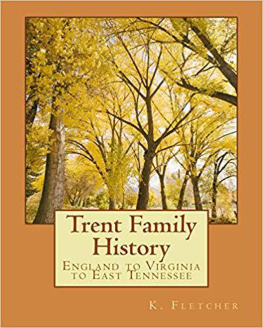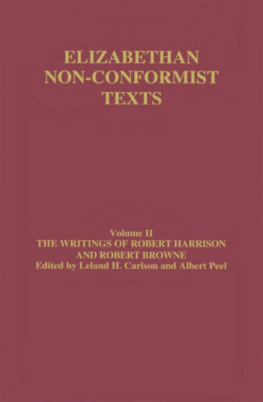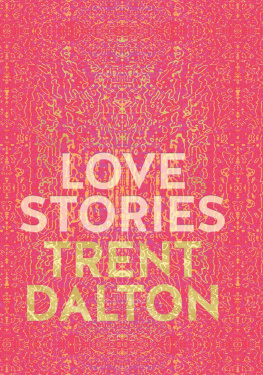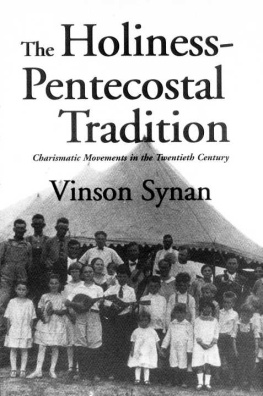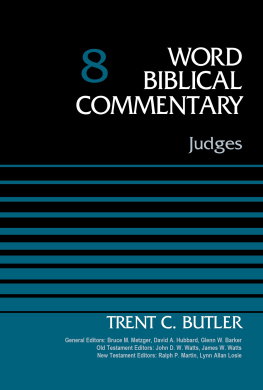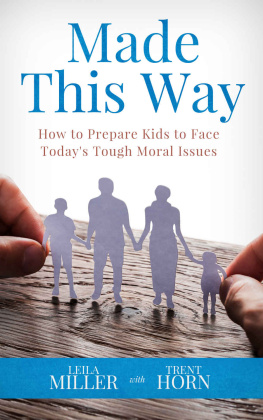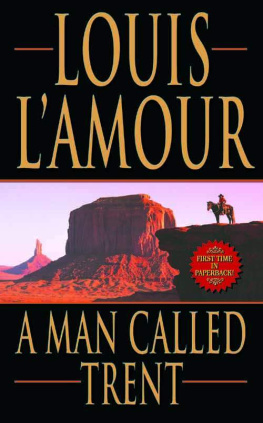Albert Luthuli
OHIO SHORT HISTORIES OF AFRICA
This series of Ohio Short Histories of Africa is meant for those who are looking for a brief but lively introduction to a wide range of topics in African history, politics, and biography, written by some of the leading experts in their fields.
Steve Biko
by Lindy Wilson
Spear of the Nation (Umkhonto weSizwe): South Africas Liberation Army, 1960s1990s
by Janet Cherry
Epidemics: The Story of South Africas Five Most Lethal Human Diseases
by Howard Phillips
South Africas Struggle for Human Rights
by Saul Dubow
San Rock Art
by J.D. Lewis-Williams
Ingrid Jonker: Poet under Apartheid
by Louise Viljoen
The ANC Youth League
by Clive Glaser
Govan Mbeki
by Colin Bundy
The Idea of the ANC
by Anthony Butler
Emperor Haile Selassie
by Bereket Habte Selassie
Thomas Sankara: An African Revolutionary
by Ernest Harsch
Patrice Lumumba
by Georges Nzongola-Ntalaja
Short-changed? South Africa since Apartheid
by Colin Bundy
The ANC Womens League: Sex, Gender and Politics
by Shireen Hassim
The Soweto Uprising
by Noor Nieftagodien
Frantz Fanon: Toward a Revolutionary Humanism
by Christopher J. Lee
Ellen Johnson Sirleaf
by Pamela Scully
Ken Saro-Wiwa
by Roy Doron and Toyin Falola
South Sudan: A New History for a New Nation
by Douglas H. Johnson
Julius Nyerere
by Paul Bjerk
Thabo Mbeki
by Adekeye Adebajo
Robert Mugabe
by Sue Onslow and Martin Plaut
Albert Luthuli
by Robert Trent Vinson
Albert Luthuli
Robert Trent Vinson
OHIO UNIVERSITY PRESS
ATHENS
Ohio University Press, Athens, Ohio 45701
ohioswallow.com
2018 by Ohio University Press
All rights reserved
To obtain permission to quote, reprint, or otherwise reproduce or distribute material from Ohio University Press publications, please contact our rights and permissions department at (740) 593-1154 or (740) 593-4536 (fax).
Printed in the United States of America
Ohio University Press books are printed on acid-free paper

28 27 26 25 24 23 22 21 20 19 18 5 4 3 2 1
Paperback ISBN: 978-0-8214-2328-8
Electronic ISBN: 978-0-8214-4642-3
Library of Congress Cataloging-in-Publication Data available.
Contents
Illustrations
Acknowledgments
Many, many people contributed to his project. I first thank Gillian Berchowitz for her initial invitation to write about Albert Luthuli and for her expert and encouraging editorial guidance. Peter Alegi, Jean Allman, Phil Bonner, Benedict Carton, Robert Edgar, Michael Kirkwood, Dingane Mthethwa, Jon Soske, Raymond Suttner, Tyler Thomson, and Wendy Urban-Mead read all or portions of this work, though I remain solely responsible for any errors. I also thank Joel Cabrita, Benedict Carton, Robert Edgar, Natasha Erlank, Abosede George, Michael Gomez, Elizabeth Gunner, Robert Houle, Paul Landau, Peter Limb, E. S. Reddy, Jabulani Sithole, Karin Shapiro, Jon Soske, and Raymond Suttner for stimulating conversations about Luthuli. I also thank the participants at the 2015 Northeastern Workshop on South African History, the African History seminar at Duke University, the African Diaspora seminar at New York University, the African Christianities Conference at Cambridge University, and the Armed Struggle Conference at the University of the Witwatersrand for commenting on earlier iterations of this work. Generous funding from the College of William and Mary made possible research trips to South Africa and the United Kingdom and throughout the United States. I am very grateful to Diana Lachatenere and Steven Fullwood III at the Schomburg Center for Research in Black Culture and especially to Ms. Thandi Luthuli-Gcabashe for making available to me the Albert Luthuli papers deposited there. I am also indebted to Peter Limb for making available the Mary-Louise Hooper papers while they were still being processed. Of course, nothing is possible without the support and eternal love of the Vinson, McClendon, and Harvey families. This book is dedicated to my grandmother, Josephine Vinson, for loving me unconditionally and to my cousin Jean, who was there when I most needed her and whom I miss every single day.
Introduction
Who Was Albert Luthuli?
When Albert Luthuli, president of the African National Congress (ANC), South Africas leading antiapartheid organization, became the first African-born recipient of the Nobel Peace Prize in December 1961, the world celebrated his advocacy of nonviolent civil disobedience. The prize signaled international recognition for his Gandhian strategy to end apartheid, South Africas disastrous white supremacist political policy of racial subordination and separation, and connected South Africas antiapartheid struggle to the growing global human rights campaigns exemplified by the 1948 United Nations Declaration of Human Rights. It propelled Luthuli to global celebrity and raised the profile of the ANC, which he had led since 1952. The ANC would survive lethal state repression in the 1960s and throughout two ensuing decades. As a mass organization, it articulated a broad, inclusive African nationalism and led the Congress Alliance, a multiracial, multi-ideological antiapartheid coalition that shared Luthulis vision of a nonracial, democratic, equitable South Africa.
Luthulis admirers regarded him as a global icon of peace and reconciliation, similar to Mahatma Gandhi
How did Albert Luthulis many life experiencesas a Zulu, an African, an educator, a Christian, a government chief, a doting family man, and a sportsmanshape him as a person and a political leader? On the night of December 15, 1961, as Luthuli and his wife returned to South Africa five days after his Nobel acceptance, ANC members of a new military wing known as Umkhonto weSizwe (Spear of the Nation, or MK) set off the explosive charges that marked the start of their armed struggle.Nobel recipient Nelson Mandela, who wanted Luthulis approval before destroying installations and training saboteurs? What relevance do his life and times have for todays South Africa and for the contemporary world? This biography aims to recover Luthuli from historical obscurity and highlight his key leadership of the ANC as it transformed into a mass antiapartheid movement and his revolutionary belief that apartheid South Africa could become one of the worlds first truly multiracial democracies. Far from being a moderate, Luthuli was a revolutionary for his deep conviction that South Africa, founded on the bedrock of racial subordination and racial separation, could be a global model for a radical new form of multiracial democracy.
The Education of a Zulu Christian
Albert John Mvumbi Luthuli was born around 1898 at the Seventh Day Adventist Solusi mission station in Bulawayo, Southern Rhodesia. His father, John, was an evangelist, teacher, interpreter, and goods transporter for missionaries and the British South Africa Company, then waging war against Mzilikazi and the Ndebele in what later resistance movements would come to know as the first Chimurenga, the 189697 African rebellions against Southern Rhodesian colonialism (the second Chimurenga was the guerrilla war that ended with the establishment of the independent state of Zimbabwe in 1980).



